|
From the SHILOH COMMUNITY ASSOCIATION
P.O. BOX 5253 ASHEVILLE, NC 28813 Dear Asheville Business Owner, We are reaching out to invite you to become a sponsor of your local neighborhood non-profit, the Shiloh Community Association (SCA). The SCA supports the oldest historic African American community in Asheville with roots stemming from Biltmore Estate. The Shiloh neighborhood comprises 240-acres and is located in South Asheville. The SCA owns and maintains two properties: the Shiloh Community Garden and Shiloh Legacy Art Trail located at 59 Hampton Street and The East Garden Development located at 358 Caribou Road and 57 Booker Street. We are seeking financial support from local businesses to sponsor our Annual Historic Shiloh Community Celebration Events which will take place Thursday, September 7th through Monday, September 11th, 2023. These events will raise funds to support the construction of the Shiloh Community Resource Center (SCRC). The SCRC will house administrative offices, offer educational, economic, and health programming. It will operate as a satellite campus for our local academic partners. The Resource Center is part of the Shiloh Community's 2025 Plan adopted by the Asheville City Council on September 14th, 2010. In appreciation for your sponsorship, your company will receive recognition in the SCA’s Historic Day brochure along with several other sponsorship benefits. Your support of the Shiloh Community Association will fund the construction of The Shiloh Resource Center and our ongoing programming. The Shiloh Community Association is a 501c3 non-profit and all donations are tax deductible. Please contact Norma Baynes at 828-277-9654 or Lauralee Petritz at 828-215-5998 for more information. http://www.shilohnc.org/ https://www.gofundme.com/f/shiloh-community-association-resource-center https://www.instagram.com/shilohcommunitygarden/?hl=en https://www.facebook.com/ShilohCommunityAssociation/ Thank you, Sophie Dixon Sophie Dixon, President Shiloh Community Association Norma S. Baynes Norma S. Baynes, Liaison Shiloh Community Association “Building on the Legacy, Embracing the Future” MISSION STATEMENT The Shiloh Community Association mission is to cultivate and promote: ● Cooperative relationships among residents, property owners and businesses in the community ● Harmonious growth and development of the community health, educational, and residential programs for children of the community ● Quality housing development in the community ● Good citizenship among and by the residents of the community The Shiloh Community Association celebrates SHILOH HISTORY through the following motto: Home Ownership Inheritance Service ‘Togetherness’ Opportunity Respect Youth Involvement P.O. Box 5253, Asheville, NC 28803 ∙ Shiloh Garden address 59 Hampton St. Asheville, NC 28803 T: 828.277.9654 / 828.215.5998 Website: www.shilohnc.org The SCA is a 501 (c)(3) Non-Profit Organization ANNUAL HISTORIC SHILOH COMMUNITY CELEBRATION SPONSORSHIP LEVELS SYCAMORE POPLAR PARTNER $10,000 or more The Sycamore tree symbolizes strength, protection, eternity, and divinity. Shiloh Sycamore towers over 75' tall and is a testament to the ancestors who came before. They are witnessing their beloved Shiloh thrive as we build on the Legacy and Embrace the Future! ● Lead sponsor recognition on WRES (100.7 FM) radio station ● Lead sponsor recognition at Shiloh Legacy Gala including company logo on screen, program and recognition in opening remarks. ● Eight (8) Shiloh Legacy Gala tickets ($400 dollar value) ● Additional Shiloh Legacy Gala tickets purchased at a 25% discount ● Sponsor logo on Shiloh Community Association website, Facebook, promotional materials, and other social media platforms ● SCA event promotional materials throughout 2023 and 2024 ● 1 Legacy Memorial Brick ($100 value) ● SCA Coffee Mug ● SCA Canvas Bag TULIP POPLAR SPONSOR $5,000 -$9999 The Tulip Poplar symbolizes liberty and democracy and has been used for its aromatherapy and medicine. Tulip poplars are also associated with hope and the promise of revival. The vision of Shiloh has always been to serve and uplift the entire community. ● Sponsor recognition on WRES (100.7 FM) radio station ● Sponsor recognition at the Shiloh Legacy Gala including company logo on screen, program and recognition in opening remarks. ● Six (6) Shiloh Legacy Gala tickets ($300 value) ● Additional Shiloh Legacy Gala Tickets purchased at a 10% discount ● Sponsor logo on Shiloh Community Association website, Facebook page, promotional materials, and other social media platforms ● Sponsor logo on Shiloh Community Association event promotional materials throughout 2023 and 2024 ● 1 Legacy Memorial Brick ($100 value) ● SCA Coffee Mug ● SCA Canvas Bag PEAR TREE $2,500-$4999 The Shiloh Pear symbolizes divine sustenance, abundance and longevity and was planted 23 years ago by the 4th president of the SCA, Moses Simmel. His granddaughter, Shaniqua Simeul carries his shares his mission and vision of community building through her leadership. ● Sponsor recognition on WRES (100.7 FM) radio station ● Sponsor recognition at the Shiloh Legacy Gala including company logo on screen, program and recognition in opening remarks. ● Sponsor logo on Shiloh Community Association website, Facebook page, promotional materials, and other social media platforms ● Four (4) Shiloh Legacy Gala tickets ($200 value) ● Additional Shiloh Legacy Gala Tickets purchased at 5% off tickets ● Legacy Memorial Brick ($100 value) ● SCA Coffee Mug ● SCA Canvas Bag CHINESE MAPLE SPONSOR $1,000-$2499 The Chinese Maple tree is not native to Shiloh just like the owner of the land where it is rooted, it is a transplant. It is small but distinctive where it has been planted. With this level,we honor our transplant neighbors who take pride in and support the legacy of Shiloh. ● Sponsor recognition on WRES (100.7 FM) radio station ● Sponsor recognition at the Shiloh Legacy Gala including company logo on screen, program and recognition in opening remarks. ● Sponsor logo on Shiloh Community Association website, Facebook page, promotional materials, and other social media platforms ● Two (2) Shiloh Legacy Gala tickets ($100 value) ● SCA Coffee Mug SCOTCH PINE $500-$999 Pine trees are a popular choice to combat erosion control because they are incredibly hardy and can survive and thrive in most any soil condition So too have the Shiloh residents thrived despite the challenges of “Root Shock” to their community. ● Sponsor recognition on WRES (100.7 FM) radio station ● Sponsor logo on Shiloh Community Association website, Facebook page, promotional materials, and other social media platforms ● Sponsorship acknowledgement at SCA Gala ● SCA Coffee Mug BLUEBERRY BUSH SPONSOR $250-$499 The original Shiloh Blueberry bushes which stand nearly 11' tall by the pavilion They were planted by the founders of the SCA. Blue berry's symbolize a sign of success achieving goals and completing tasks. Blueberries are also a powerful spiritual symbol, and their deep blue hue is believed to bring about a sense of calm and peace. When people visit the garden they often comment on how peaceful the garden is. ● Sponsorship acknowledgement at SCA AWARDS Gala ● Sponsor logo on Shiloh Community Association website, Facebook page, promotional materials, and other social media platforms ● SCA Coffee Mug P.O. Box 5253, Asheville, NC 28803 ∙ Shiloh Garden address 59 Hampton St. Asheville, NC 28803 T: 828.277.9654 / 828.215.5998 Website: www.shilohnc.org The SCA is a 501 (c)(3) Non-Profit Organization CHECK ONE: □ SYCOMORE POPLAR Sponsorship Partner ($10,000 or more) □ TULIP POPLAR Sponsorship Partner ($5,000 -$9999) □ PEAR TREE Sponsorship Partner ($2,500-$4999) □ CHINESE MAPLE Sponsorship Partner ($1,000-$2499) □ WHITE PINE Sponsorship Partner ($500-$999) □ BLUEBERRY BUSH Sponsorship Partner ($250.00-$499) CONTACT INFORMATION: Company Name: _______________________________________________________________________ Address:_______________________________________________________________________________ City: __________________________________________________________________________________ State: _______________________________________________ Zip: _________________________ Phone:_________________________________________________________________________________ Website:________________________________________________________________________________ Contact Name:__________________________________________________________________ Contact Phone:__________________________________________________________________ Contact Email: __________________________________________________________________ Signature: _______________________________________________ Date:________________ Please make checks payable to Shiloh Community Association Mail to P.O. Box 5253 Asheville, NC 28813-5253 Alternatively scan the QR code provided to make your sponsorship payment. P.O. Box 5253, Asheville, NC 28803 ∙ Shiloh Garden address 59 Hampton St. Asheville, NC 28803 T: 828.277.9654 / 828.215.5998 Website: www.shilohnc.org The SCA is a 501 (c)(3) Non-Profit Organization
0 Comments
ABFPC and Bountiful Cities relaunch updated Asheville Edibles Map with the City of Asheville Local nonprofit Bountiful Cities and Asheville Buncombe Food Policy Council partnered with the City of Asheville to release an updated interactive map showing public edible plants around Asheville. Asheville, N.C., July 28, 2023: Asheville is known for its vibrant food culture and commitment to sustainability. However, alongside a community of passionate foodies, there are individuals experiencing food insecurity. The Asheville Edibles Map aims to bridge this gap by highlighting the abundance of edible plants available for foraging, sharing, and cultivating by locals and visitors. The map also seeks to serve as an educational tool to inspire more edible plantings on private and public property. Bountiful Cities, a local nonprofit dedicated to food security and urban agriculture, is partnering with the Asheville Buncombe Food Policy Council and the City of Asheville to relaunch this virtual, interactive map with enhanced features. In 2018, Asheville Buncombe Food Policy Council and Asheville City Sustainability staff initiated an edibles inventory project, collaborating with UNCA students, Public Works, Parks and Recreation, Real Estate departments, and community groups familiar with edible plants in parks and public spaces. This project resulted in a comprehensive database of edible locations throughout the city. The relaunch of the Asheville Edibles Map introduces several exciting updates. Previously relying on crowd-sourced information, the map now benefits from the expertise and oversight of Bountiful Cities. The partnership ensures that the information provided on the map is accurate and reliable, offering a valuable resource for residents and visitors alike. The Asheville Edibles Map encourages community engagement, inviting locals to contribute their own knowledge of edible projects, plantings, and gardens. By collectively sharing information, the map becomes a dynamic platform that fosters collaboration and promotes a sustainable food ecosystem. To explore the Asheville Edibles Map, visit this website. If you would like to contribute new sites or information to the map please fill out this form. Join us in discovering the diverse edible landscape of Asheville and take part in nurturing a thriving and inclusive city environment. ABFPC Mission and Vision Our mission is to identify, propose and advocate for policies, financial appropriations, and innovative solutions to improve and protect our local food system in order to advance economic development, social justice, environmental sustainability, and community resiliency. Our vision is that all residents of Buncombe County have access to and the option to cultivate and prepare nutritious food within a resilient and sovereign foodshed that sustainably harvests and conserves farmland, forests, and water resources, sustains our population, collaborates with neighboring counties, and ensures a thriving agriculture-related economy. Bountiful Cities Mission and Vision Our mission is to be a collaborative urban agriculture resource. We create community partnerships to establish dialogue and trust, support community needs, and share agricultural skills. Our vision is to help create and support abundant, food-sovereign communities. We are committed to holistic sustainability through integrated food systems, food security and production, and job creation. Since our beginning, we have been engaging communities, teaching urban agricultural skills, and advocating for healthy food systems that are accessible to all. We believe education is a lifelong process that involves exchanging knowledge and experience. Growing from this understanding, we are committed to supporting shared exchange by role modeling and facilitating events, programming, and experiential education. Dr. George Washington Carver Edible Park 25th Anniversary
Thanks to everyone who participated in the Urban Garden Tour and Tasting! The gardens were full of tasty things and we celebrated food production happening in our city! We appreciate the chefs, sponsors, donors, volunteers and supporters who made it all happen. These photos were taken by our wonderful volunteer photographers Carrie Turner, Ashlen Smith, and Allison Ward. See more photos on our FB Page or Instagram.
Did you participate in the Urban Garden Tour with Bountiful Cities July 9th? What did you think? Did you learn anything? Do you have feedback for us? Even if you just purchased raffle tickets, we want your feedback! Please take one or two minutes to fill out our short survey about the garden tour! The drawing for our Garden Tour Raffle will happen Monday July 17th. So there is still time to win annual passes to the Biltmore Estate, a tour with Mountain Mural Tours and Urban Orchard Cider Co. and food from Curate, Pizza Mind, and Camille Cogswell to name a few! There are so many great tours in our town - we don't want our garden tour to be the only one you go on this summer! You can choose from several different baskets and enter to win other prizes too. This Fermentation Class and Tasting with Meg from Fermenti in September will take your garden tour to the next level! 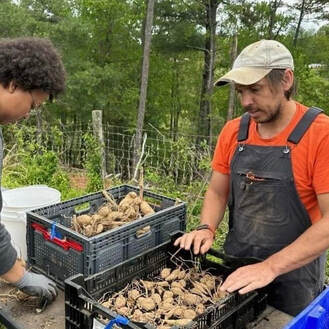 We have two amazing workshops with two amazing instructors in June! Climate Resilient Gardening is with Chris Smith from Utopian Seed Project on Thursday June 8th 2-3:30 at the West Asheville Park. Natural Pest Remedies is with Patryk Battle on Thursday June 15th 4:30-6pm at the Dr.George Washington Carver Edible Park. Please click below to find out more and register for these free workshops. These workshops are presented in collaboration with Asheville Parks and Recreation and The City of Asheville. Climate Resilient Gardening Natural Pest Remedies Urban Garden Tour and TastingHave you wondered how much food grows IN Asheville? Find out when you Tour and taste at 10 food producing Gardens on the Urban Garden Tour and Tasting with Bountiful Cities. You can register for the tour and go to the gardens for FREE and Tasting tickets are $40. Sample food and beverages from Curate, The Hop, Every Day Gourmet, West End Bakery, Tastee Diner, Chai Pani, Forestry Camp Burial Beer Co. Sugar and Snow Gelato, Sunny Point Café, Asheville Tea Co, Devil’s Foot Beverages, Shanti Elixirs, Pizza Mind and Urban Orchard Cider.
For the entire month of May Urban Orchard Cider Co. is donating $1 from each pour of their April Skies Cider! AND they are hosting a Spring Celebration Plant Sale and Seed Giveaway on Tuesday May 23rd 5-8pm at Urban Orchard West. There will be free appetizers and lot of info about our work. Mark your calendar and plan to come! Plant Sales This Week!Come to one of our Elementary School plant sales this week and support our FEAST program! Hall Fletcher Elementary will be selling plants before and after school hours Tuesday May 9th - Friday May 12th. Herring Elementary will sell plants all day from 8-5pm on Friday May 12th.
This sketch note created by our wonderful Board Chair Ameena Batada highlights the ways Bountiful Cities touched lives and grew food, community, and knowledge this year. Please consider supporting this work as we close out 2022! You can contribute HERE. Here are more details about our impact this year: Free Community Garden Workshops- topics ranged from mushroom cultivation to seed saving to tool repair - 10 workshops with over 300 attendees. FEAST Programming - 1175 students at 11 schools and afterschool programs. Maintaining school gardens at 5 schools. Seed Libraries - now in 5 locations, providing free seeds for community members. Collaborative Apprenticeship Program - graduated 3 apprentices (paid a living wage) in pilot year with instruction from 30+ agriculture and food based organizations. Events, Celebrations, Plant Sales, Fundraisers and Friendraisers - over 2000 people attended or participated in our events in 2022. Cover your Rosemary and make Potatoes on Rosemary SkewersPhoto Credit: Katherine Brooks PhotographyIt's gonna be freezing cold and it's a great time to give your rosemary bush a little attention. Rosemary bushes can handle temps that drop below freezing but sometimes they will not survive when temps drop below the teens. You can trim a few stalks as you cover it with a sheet while the polar vortex is with us! This is a great appetizer or side dish that can go with your fancy holiday meal.
2 pounds small fresh potatoes 1 Tablespoon extra virgin olive oil 1 teaspoon salt 10-15 (4 inch long) sturdy rosemary stalks Preheat oven to 350 degrees. Toss potatoes with olive oil and salt on a sheet pan. Roast Potatoes 30-35 minutes until they are tender. Let potatoes cool for a few minutes, then use a metal skewer or chopstick to put a hole all the way through the center of each potato. String the potatoes on the rosemary skewers. Serve warm or at room temperature as an appetizer, Join us to support FEAST!Our FEAST program reaches over 1,150 students a year in Asheville, Buncombe County, and Madison County with hands-on cooking and gardening classes in schools and afterschool programs. Help us fully fund this important program this fall! Bountiful Cities FEAST teachers work within Asheville City and Buncombe County schools, Hot Springs Elementary and Francine Delany New School to give students hands on experience. We are not funded by the school systems, and yet we integrate with the grade level curriculum to provide history, science, reading, math, and art education in addition to gardening and cooking. Our goal is to give students tools that will last a lifetime. If they have seeds they will know how to have food. Bountiful Cities is a Now Grant Recipient!Thank you to the WNC Bridge Foundation for contributing to our important Long-Term food security work! Bountiful Cities goal is for Everyone to have access to fresh food and food sovereignty in this community, and we are so glad to have support from our funding partners. New Shed for Hot Springs FEAST Program!The garden grant received from the WNC Food Justice Planning Initiative covered about 40% of the cost of materials for the build which was a really amazing contribution toward this much-needed construction to establish our program. The shed has been CRITICAL for tool storage and expansion of lesson supplies! FEAST style Panzanella SaladIn FEAST cooking classes with kids we start with a framework of a recipe, then use what we have on hand and make substitutions. We try to teach them how to be creative when cooking with the ultimate goal of reducing food waste and eating delicious fresh food. A traditional Panzanella salad is made with torn bread, tomatoes, basil, parmesan cheese and cannellini beans. At the Community Garden Network event (in true FEAST style) we didn’t have a lot of these ingredients, so we made some delicious substitutions. Use this recipe as a framework and use some of the substitutions suggested below or make up your own!
Ingredients 6-8 cups torn bread (older bread is ideal for this) 1 cup finely chopped cheese (parmesan is traditional but any kind of cheese works) 2-3 cups chopped tomatoes (substitute roasted peppers, roasted carrots, roasted eggplant, cucumbers or squash) 2 cups fresh spinach leaves ( substitute any leafy green) 1 cup fresh basil leaves (substitute ¼ cup oregano, thyme, cilantro, or chopped rosemary) 1 ½ cups cannellini beans (substitute any kind of bean or field pea) ¼ cup chopped olives, or onions (optional) Italian style salad dressing or pesto dressing to taste Pesto Salad Dressing ¼ cup prepared pesto ¼ cup cider vinegar ⅓ cup extra virgin olive oil ¼ teaspoon salt Combine all salad ingredients in a large bowl. If making your own pesto dressing combine salad dressing ingredients in a jar and shake well. Drizzle about ½ cup dressing on salad and toss well. Taste and add more dressing if desired. You're Invited to our |
Archives
March 2024
Categories |

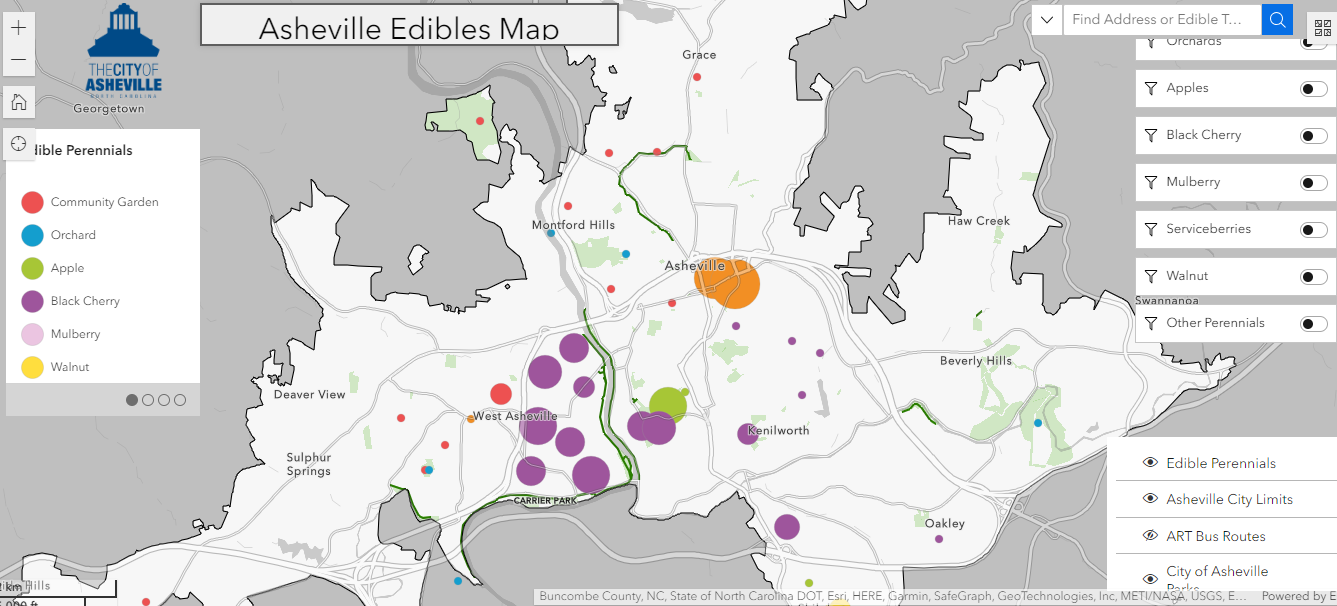
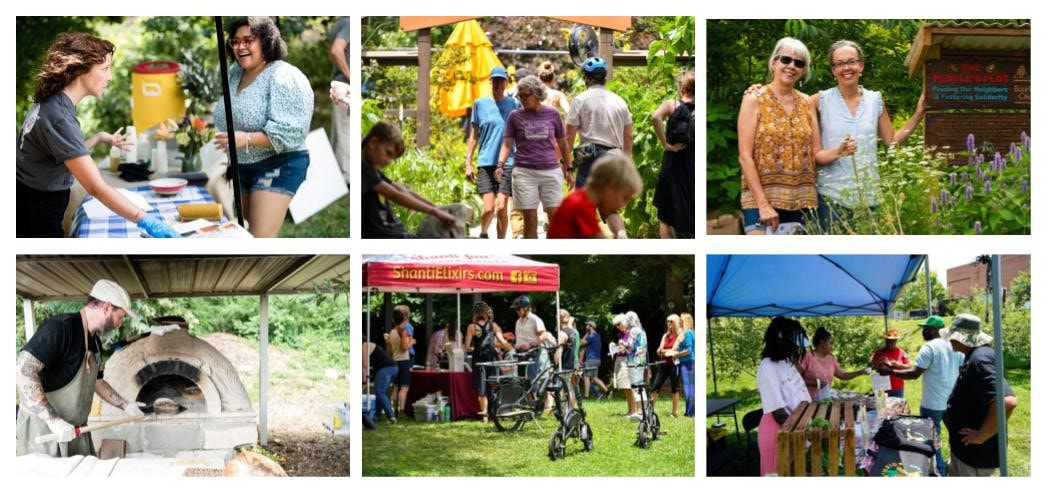
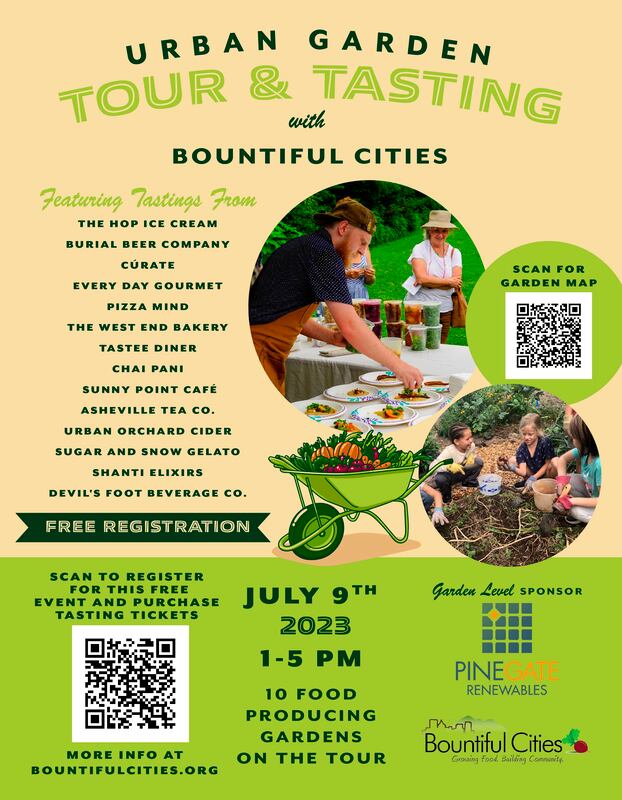
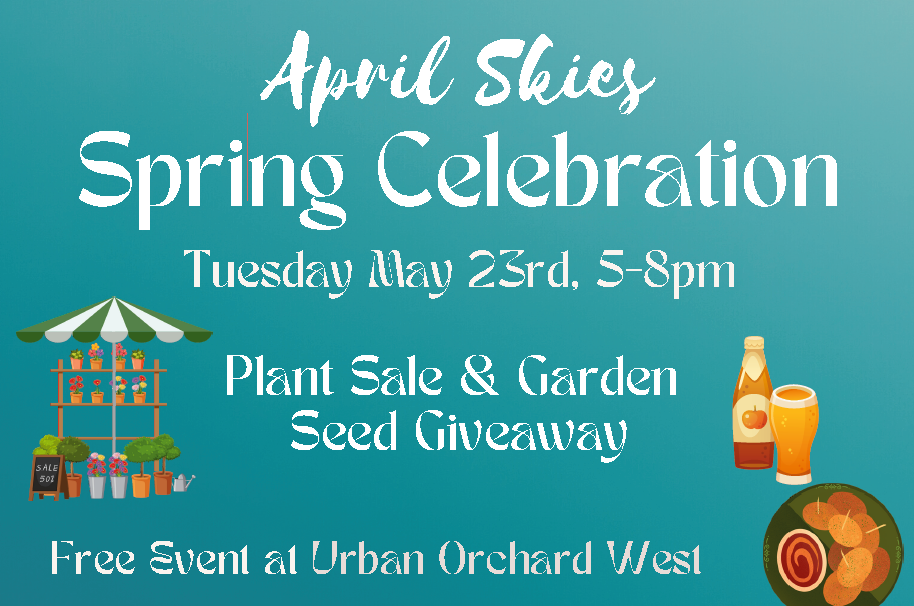
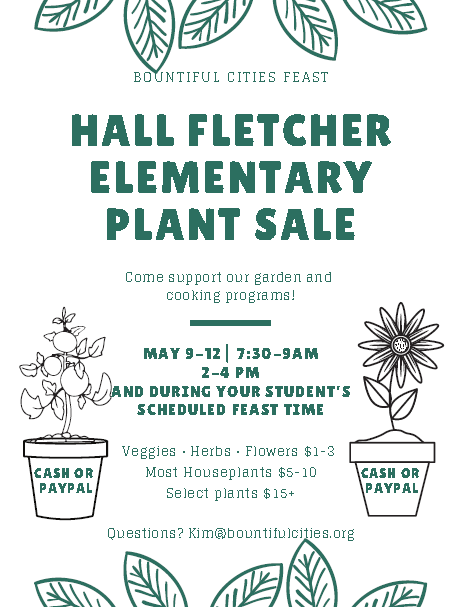
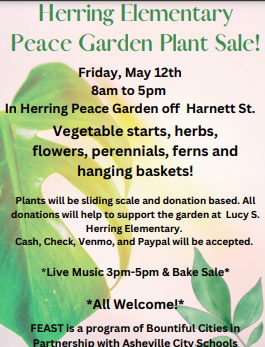
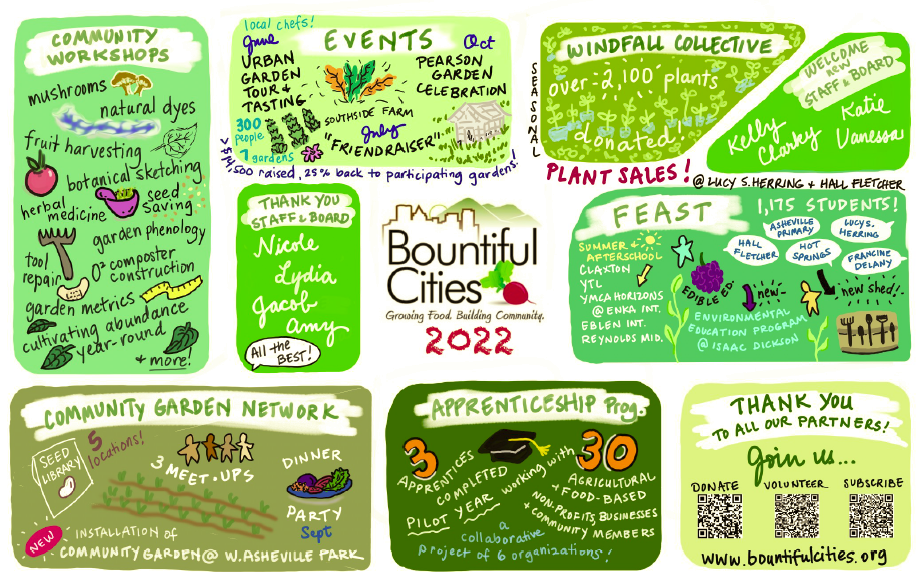
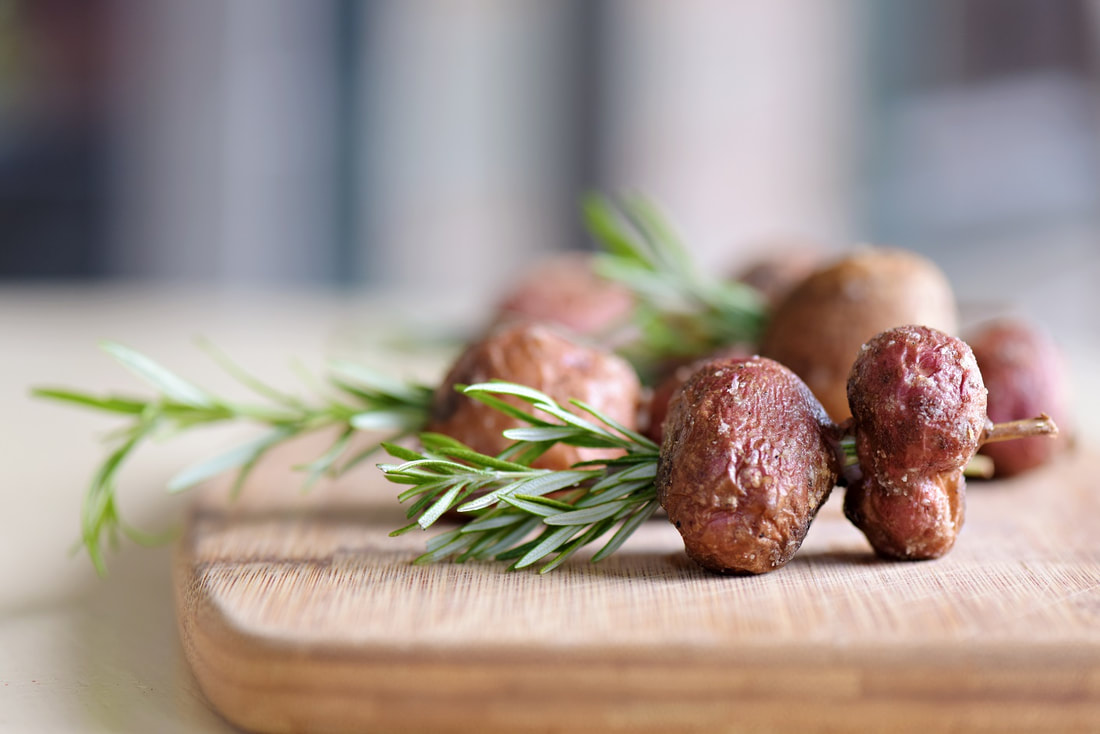
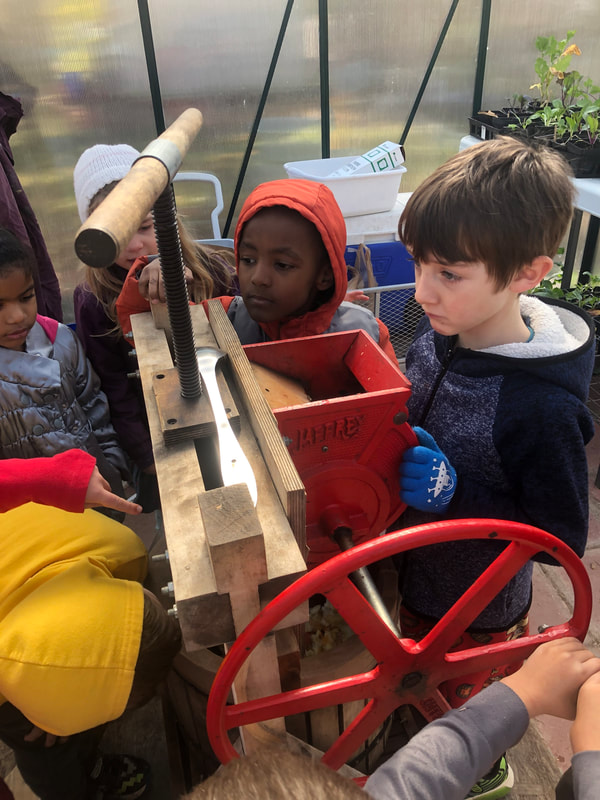
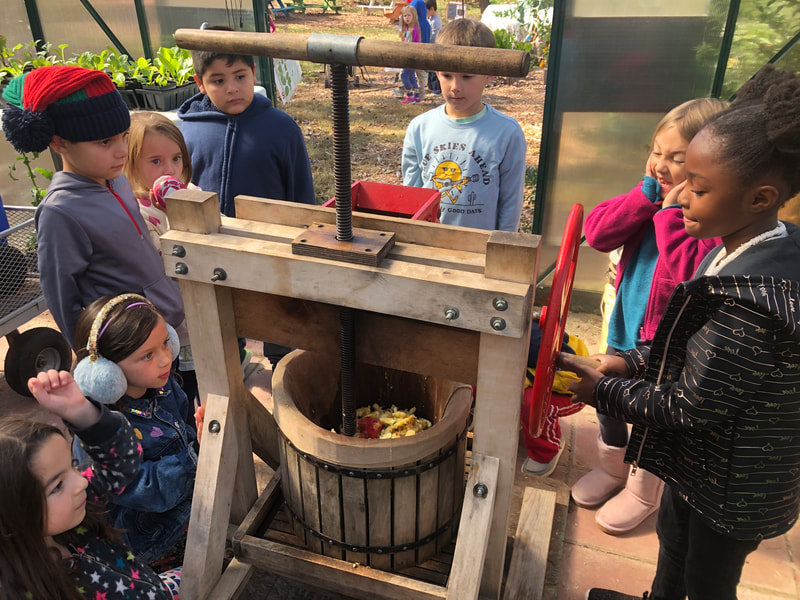
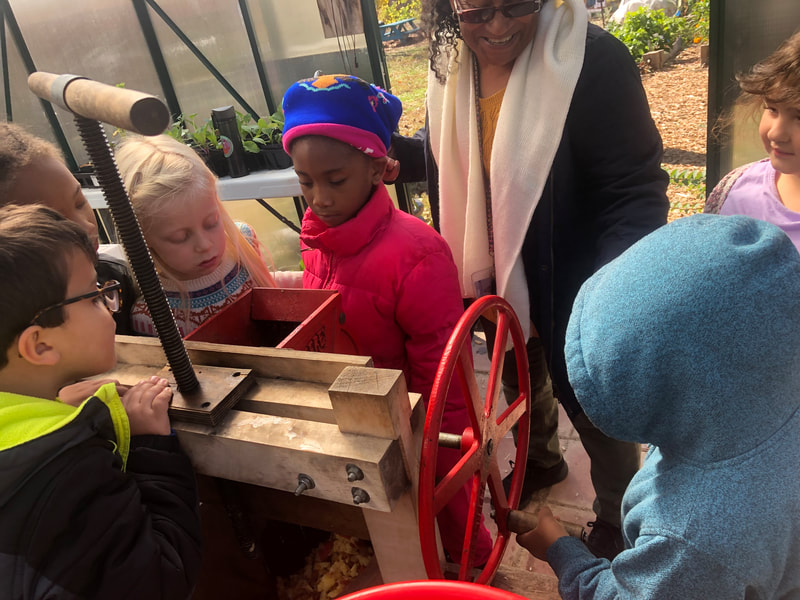

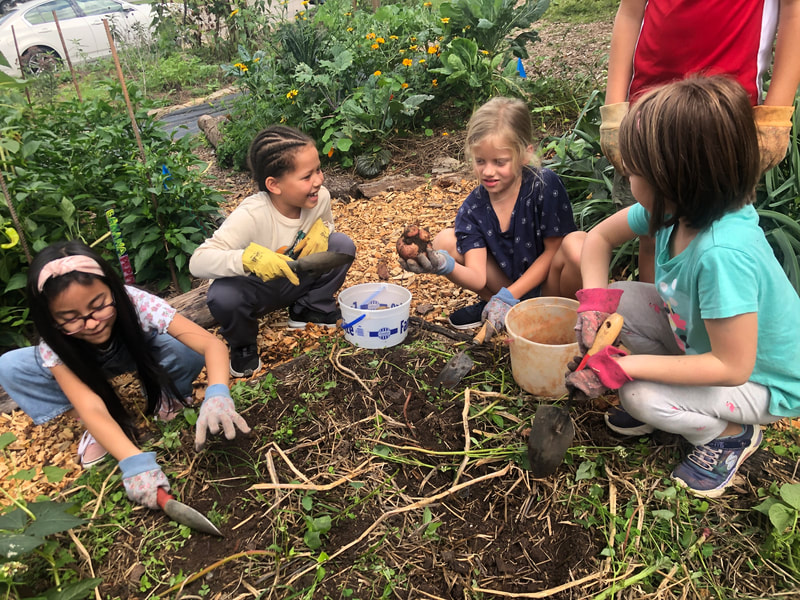
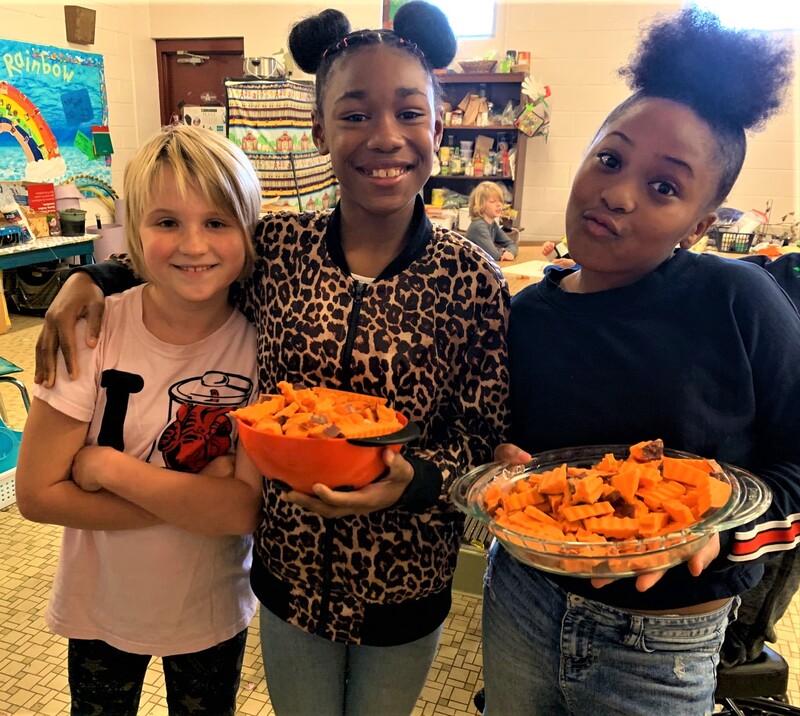

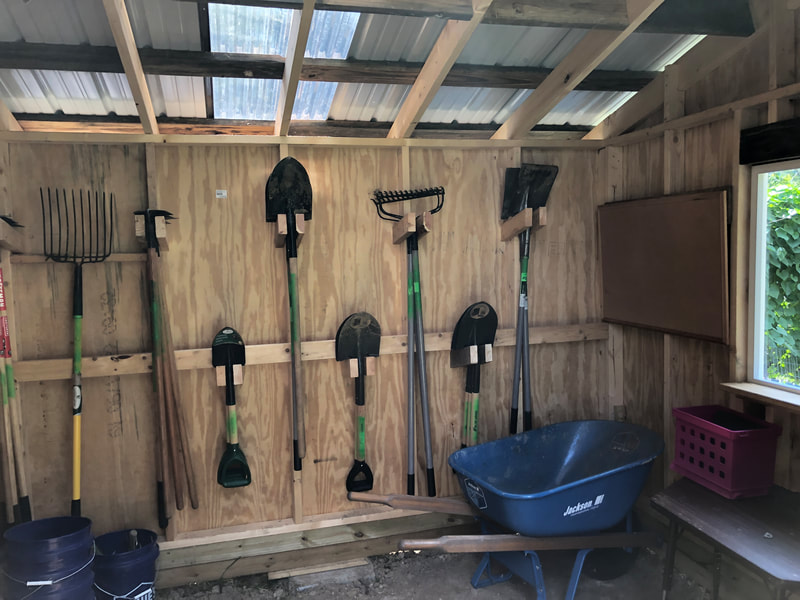
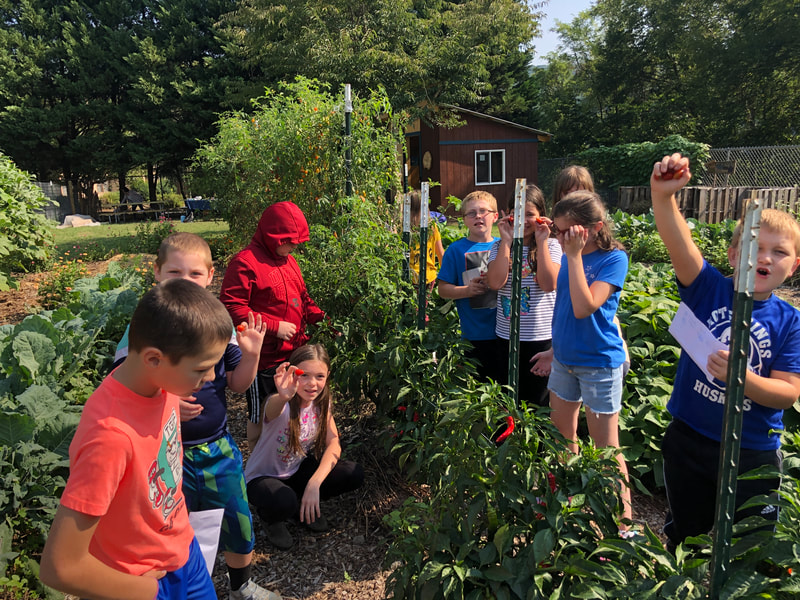
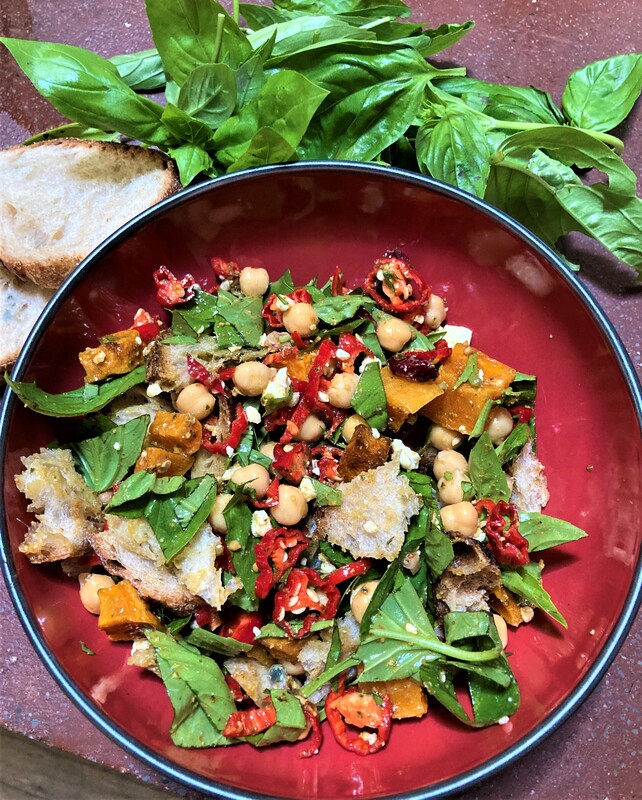
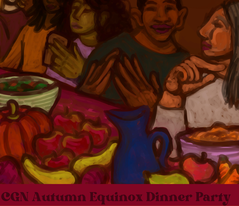

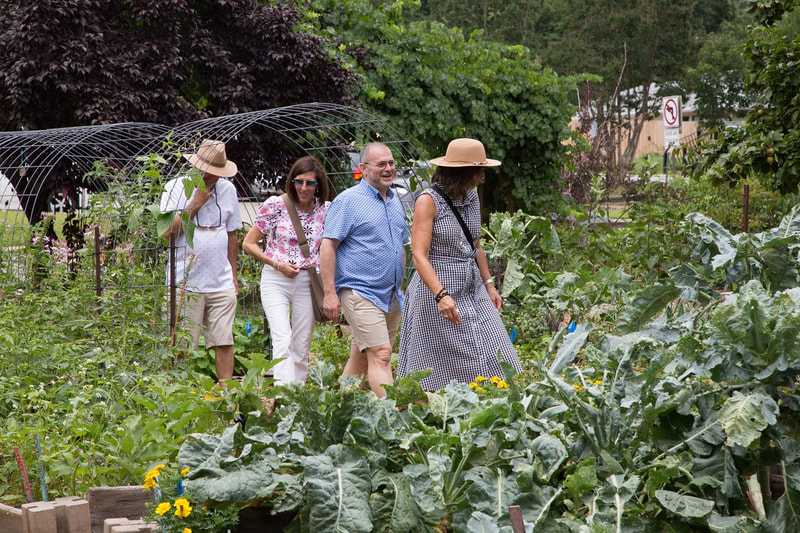
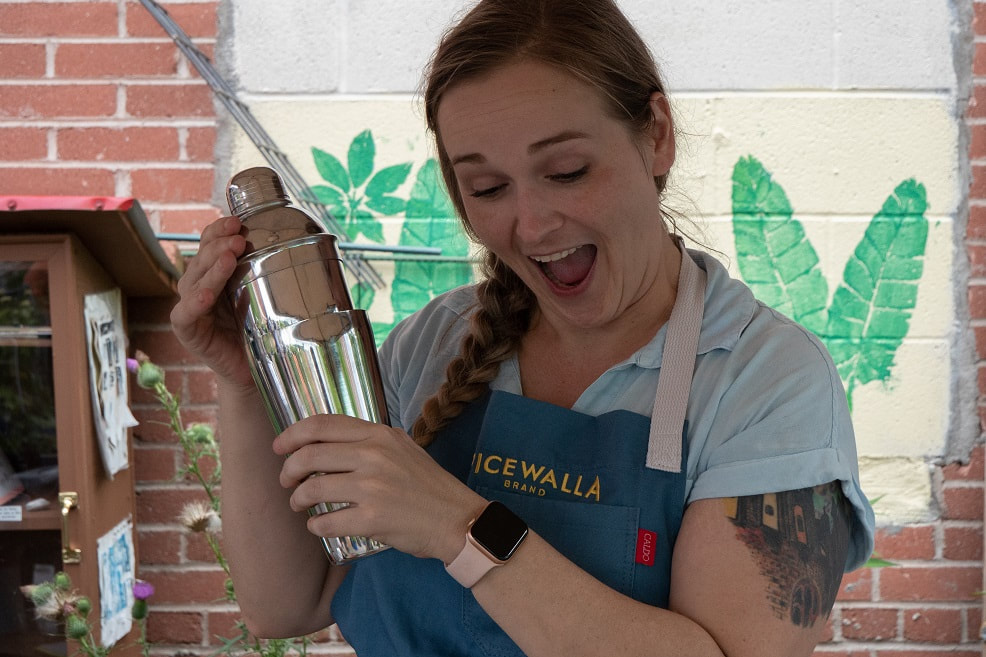
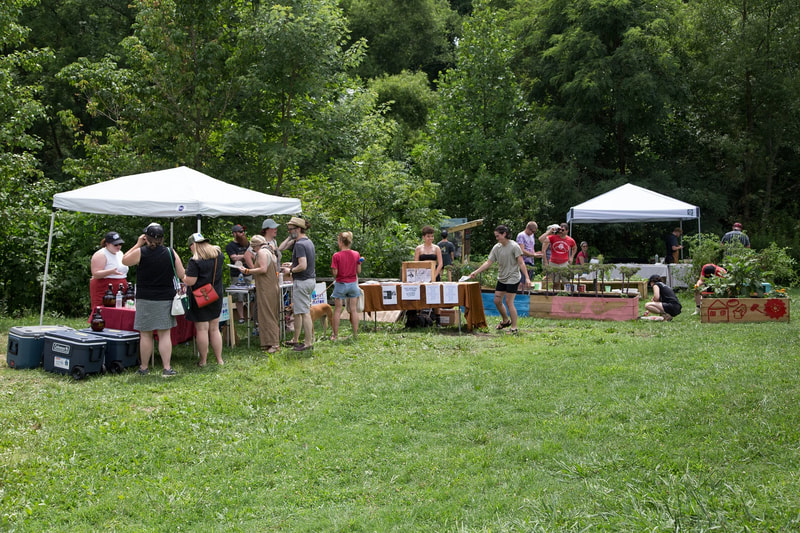
 RSS Feed
RSS Feed
